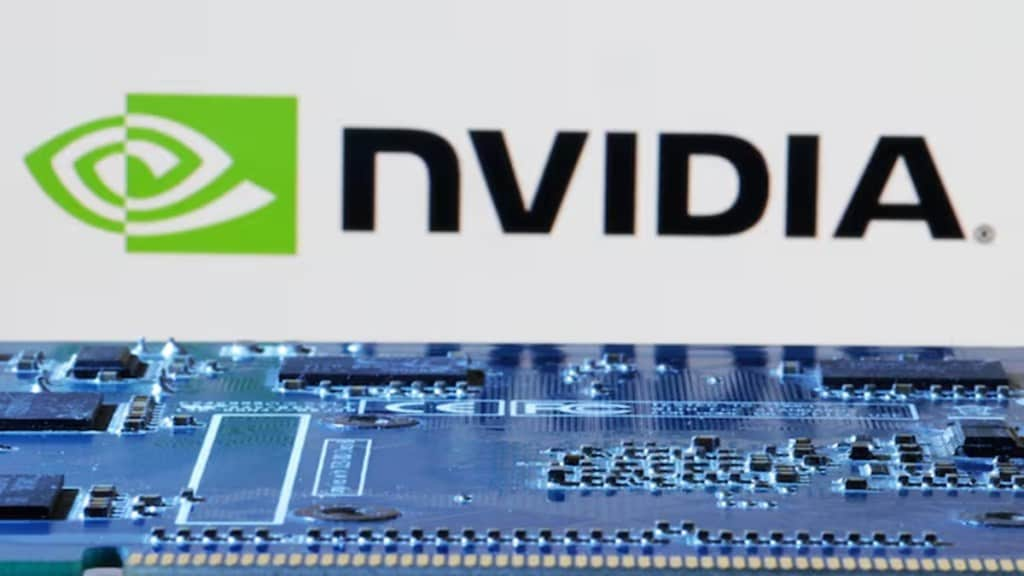Chinese authorities have urged local companies to avoid using Nvidia’s H20 processors, particularly for government-related purposes, Bloomberg News reported on Tuesday, citing people familiar with the matter.
How are the authorities approaching this issue?
Authorities have sent notices to a range of firms discouraging the use of the less-advanced semiconductors, with the guidance taking a particularly strong stance against the use of Nvidia’s H20S for any government or national security-related work by state enterprises or private companies, the report said.
Nvidia said in July that its products have no “backdoors” that would allow remote access or control after China raised concerns over potential security risks in the chipmaker’s H20 artificial intelligence chip.
Nvidia said in a statement that “the H20 is not a military product or for government infrastructure.” China has ample supplies of domestic chips, Nvidia said, and “won’t and never has relied on American chips for government operations.”
What did Trump say?
U.S. President Donald Trump suggested on Monday that he might allow Nvidia to sell a scaled-down version of its next-generation advanced GPU chip, Blackwell, in China, despite deep-seated fears in Washington that China could harness U.S. AI capabilities to supercharge its military.
The most advanced chip Nvidia is currently allowed to sell to China is the H20, which is based on the company’s older Hopper architecture platform. The Trump administration green-lighted exports of H20 AI to China last month.
The Trump administration last week also confirmed an unprecedented deal with Nvidia and AMD to give the U.S. government 15% of revenue from sales of some advanced chips in China.
China’s renewed guidance on avoiding chips also impacts AI accelerators from Advanced Micro Devices, the Bloomberg report said, adding that it was unclear whether any notices from Chinese authorities specifically mentioned AMD’s MI308 chip.


